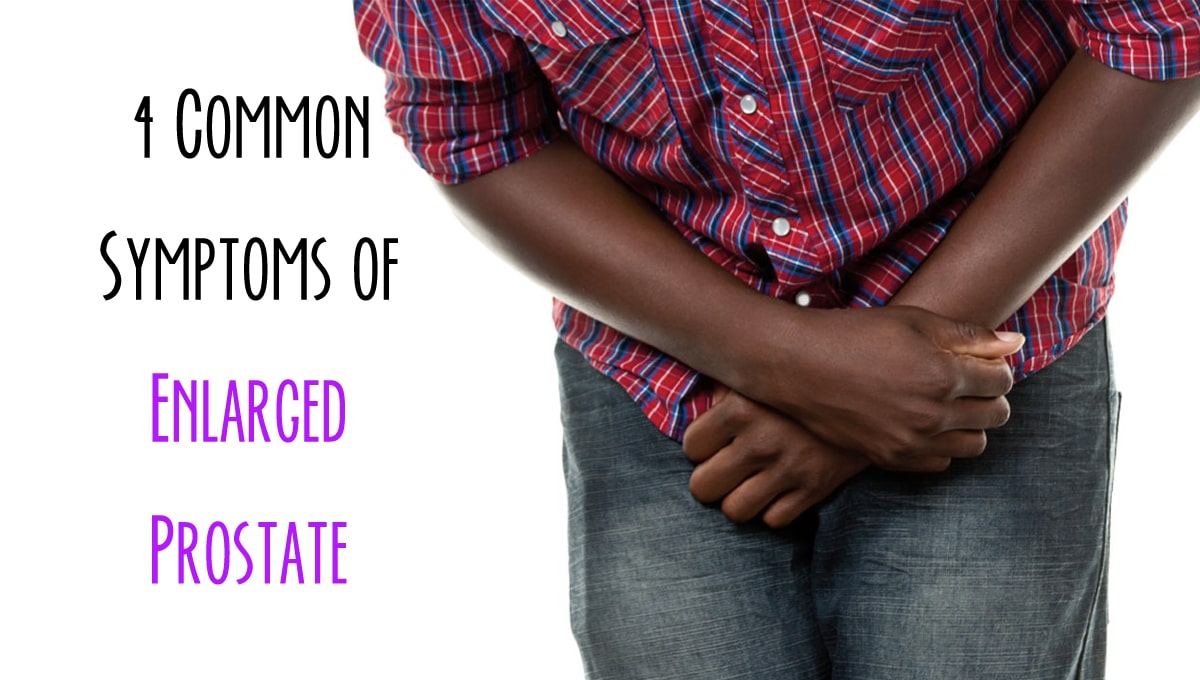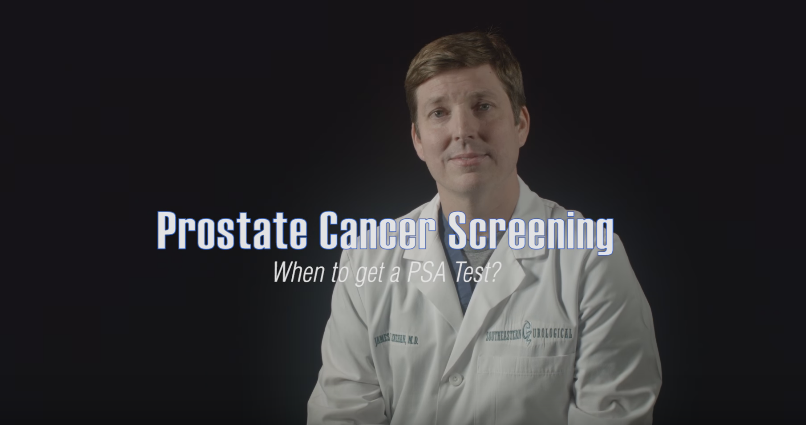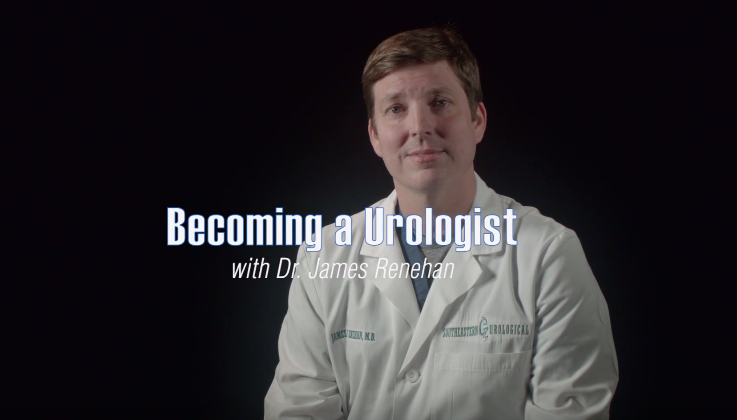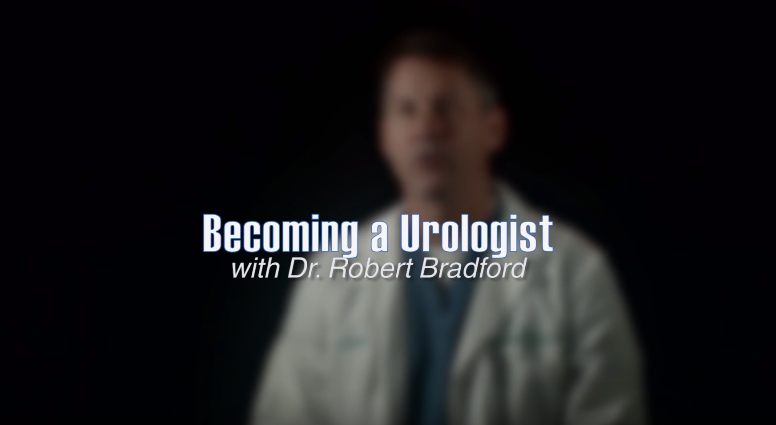Erectile dysfunction (ED) is a man’s inability or difficulty to get or keep erections that are firm enough to enable sexual intercourse.
While occasional ED is very common in men, particularly during times of stress, depression or fatigue, frequent ED can really ruin a man’s life. For instance, some men with erectile dysfunction may avoid contact with their partners for fear that they will have trouble satisfying them sexually in the bedroom while others may get into a complete emotional and psychological meltdown.
Forms of erectile dysfunction
According to Dr. James E. Renehan of Advanced Urology Institute, erectile dysfunction can take a variety of forms. For example, some men may be unable to get an erection under any circumstance, while other men with ED may occasionally get an erection. In other men, getting an erection is possible but the erections are not strong enough for satisfying sexual intercourse.
“Erectile dysfunction does not mean that you are infertile,” says Dr. Renehan. “In fact, the majority of the men having difficulties with getting an erection are still quite capable of achieving an orgasm and getting children. ED just means that you cannot consistently get or sustain an erection.”
What are the symptoms of erectile dysfunction?
You could be suffering from ED if you frequently have:
- Difficulty getting an erection.
- Trouble sustaining an erection throughout sexual intercourse or during sexual activities.
- Diminished interest in sex.
However, there are also a number of factors related to erectile dysfunction, such as:
- Premature ejaculation.
- Difficulty achieving orgasm even after ample stimulation (anorgasmia).
- Delayed ejaculation.
Experiencing such symptoms for 2 or more months may indicate that you have erectile dysfunction. So it is important to speak with your urologist to determine if you have a sexual disorder.
“Men should know that erectile dysfunction is not in the head,” says Dr. Renehan. “You will not simply get an erection by stimulation, as 80 percent of all cases of ED are usually caused by treatable physical disorders, such as high blood pressure, high cholesterol or diabetes. So make sure you visit your doctor for advice.”
Causes of erectile dysfunction
Erectile dysfunction may have several possible causes, including both physical disorders and emotional problems. The most common causes are:
- Diabetes
- Obesity (being overweight)
- Smoking, alcohol use or drug abuse
- Hypertension
- Cardiovascular disease
- Hyperlipidemia
- Injuries
- Stress, anxiety or relationship problems
- Damage from surgery or cancer treatment
- Increased age
Because there are many possible causes of erectile dysfunction, it is important to work with a urologist so that any underlying medical conditions are identified and treated.
Diagnosis of erectile dysfunction
When you visit your urologist, you will be asked questions related to your symptoms, health history, emotional and physical problems. You also should expect a physical examination in which the doctor will listen to your lungs and heart, examine your penis and testicles and measure your blood pressure. The doctor may order various tests to determine whether you have an underlying disorder, such as blood and urine tests. A rectal examination may be requested to check your prostate.
Treatment of erectile dysfunction
The treatment chosen by your doctor will depend on the type of symptoms and any underlying causes for the dysfunction. At times, a combination of treatments may be necessary. The most common treatments for ED include:
- Medications: The doctor may prescribe medications to improve blood flow to the penis and improve ED symptoms. The drugs commonly indicated include Alprostadil (Caverject), Avanafil (Stendra), Sildenafil (Viagra), Tadalafil (Cialis), Testosterone (Androderm) and Vardenafil (Levitra).
- Talk Therapy: If it is established that the erectile dysfunction is caused by psychological factors such as stress, depression, anxiety or post-traumatic stress disorder, the urologist may recommend that you see a therapist. Working with the therapist, you will attend several sessions in which you will be helped to recover from stress, anxiety, subconscious conflict or negative feelings around sex. A relationship counselor also may be called upon if the ED is affecting your relationship.
- Alternative Treatments: Treatments such as prostatic massage, acupuncture, yoga and pelvic floor exercises also may improve your condition. Likewise, lifestyle and diet changes, such as regular exercise, losing weight, lowering your blood pressure and avoiding cigarettes and alcohol can be recommended to help you overcome erectile dysfunction.
- Surgery: When medications and exercises fail to work, the urologist may perform a surgery to correct any problems in the penis or to add a penile implant. Penile implants help to generate spontaneous and controlled erections.
Erectile dysfunction is treatable
Most cases of erectile dysfunction are treatable. At Advanced Urology Institute, we have helped thousands of men to improve their symptoms and regain their confidence through compassionate, multidisciplinary, patient-centered treatment approaches. Depending on your condition, we will administer the right medications or treatments to ensure that you achieve an erection and be able to have satisfying sexual intercourse. Come and discuss your symptoms with us so we can fix your problem. For more information on help with erectile dysfunction, visit the “Advanced Urology Institute” site.





